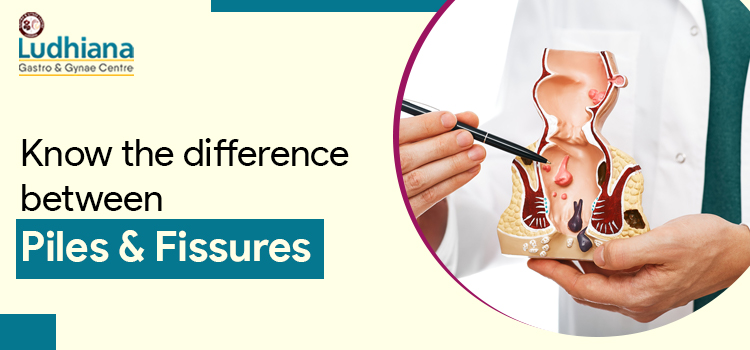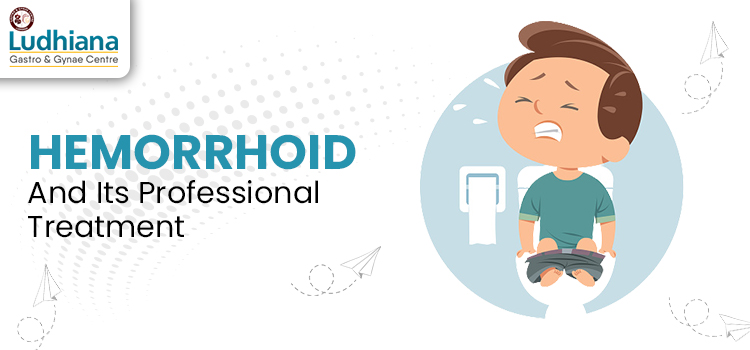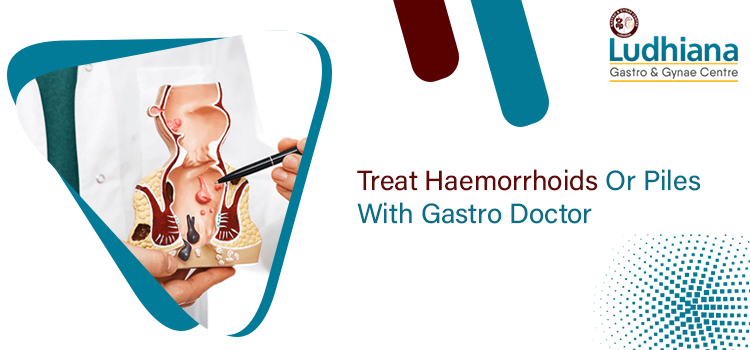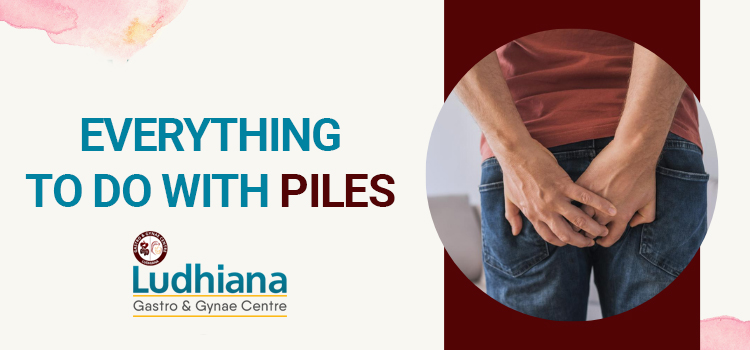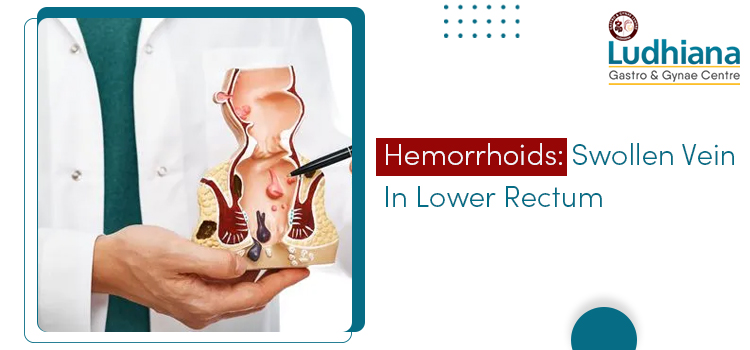Piles and Fissures Treatment in Ludhiana, Punjab
Piles and Fissures Treatment in Ludhiana, Punjab: An itchy and irritable anal cavity, discomfort when sitting for a long time, and bloody or difficult-to-pass stools? You have likely come across similar circumstances at some point in your life. It’s not just you! In India, hemorrhoids affect 50% of the population. According to reports, 20% of cases had both piles and fissures. However, since both piles and fissures have comparable symptoms, many of us frequently fail to recognize the essential distinction between the two.
A famous Gastro Doctors for fissure treatment in Punjab describes the difference between piles and fissures in this article.
What Distinguishes a Fissure from a Pile?
Inflamed veins in the rectal or anal region may extend outside, resulting in piles or hemorrhoids, which are uncomfortable.
On the lining of the anal cavity, a small cut is called an anal fissure.
Piles vs Fissures
Here are some factors that will explain the differences between piles and fissures.
| Piles | Fissure |
| Swollen veins in the rectum, anus or anal canal | Anal skin cut or torn |
| Initial pain is minimal, but it soon becomes more intense as the swelling increases. | Extremely uncomfortable and painful with mild to moderate bleeding |
| Long-term constipation, pregnancy, a chronic cough, and physical strain can cause piles.
|
This happens during pregnancy, as a result of obesity or an injury to the anal cavity, in people with Crohn’s disease, who pass hard stools and have persistent diarrhoea, and in people with other conditions. |
Piles and Fissure Overview
Piles and fissures usually remain misdiagnosed because of overlapping signs and symptoms. Here is a full overview of pile fissures to further your understanding.
Piles Overview
The symptoms and potential treatments are based on the type of hemorrhoid you have and how severe it is. When detected early enough, you can even treat it at home with simple lifestyle changes and natural remedies. There are usually three types of piles:
- Internal Hemorrhoids
Internal Hemorrhoids occur as solid lumps in the rectal cavity’s back tube. Since there are not many pain-sensing nerves in that area, you might not initially feel them. However, if your bowel movements are difficult or prolongedly constipated, this may occasionally result in blood and pain.
- External Hemorrhoids
External hemorrhoids are more apparent and painful because they form on the outside of your anal canal. Usually, they are covered in regular skin and have pain nerves all around them. This type of pile is not only more painful, but it also carries a high risk of blood clots, skin tags, and other skin infections.
- Thrombosed Hemorrhoids
Having thrombosed hemorrhoids is characterized by a blood clot that prevents blood flow. The additional blood might cause temporary hemorrhoids to rupture and start bleeding. If you are confused as to whether these bleeding hemorrhoids are dangerous, do not be alarmed. The majority of thrombosed hemorrhoids are benign, even though they can be highly painful and uncomfortable.
Fissures Overview
Anal fissures, in contrast to piles, can be extremely painful immediately away. Anal sphincter spasms and intense itching might result from a small tear in the moist tissue of the anal region.
Fissures come in different levels of severity and can be classified as
- Acute Fissures
Acute fissures are easy to treat because they have only recently formed. One can help these fissures to heal on their own with simple home remedies.
But if left untreated, they might later turn into chronic fissures.
- Chronic Fissures
These are fissures that require medical attention to heal and last longer than 8 to 12 weeks.
Chronic fissures include an anal rip, a skin tag-like enlargement, and an additional tissue growth known as a hypertrophied papilla.
- Fissure Symptoms
Anal fissures usually involve a searing ache at the bottom. However, there are other fissure signs and symptoms you could encounter:
- Periodic bleeding, especially after urinating
- A sharp spasm, and tightness of the anus were both present.
- Painful boils that may be pus-filled
- Smell of mucus-like discharge
Best treatment for fissures and piles
A common fissure or hemorrhoid is simple to treat and will heal entirely in at least 6 to 8 weeks.
The best treatments for treating piles and fissures to promote quicker healing include the ones listed below:
- The stools may become more bulky and soft by increasing your intake of fiber and liquids. This would alleviate any discomfort and make it simpler to pass through.
- The best way to treat piles and fissures is with ice packs and a cold compress that can help with pain relief.
- A frequently recommended and effective at-home treatment for piles and fissures is a sitz bath, which is a warm bath with salts.
- The discomfort can be reduced by using loose cotton garments that won’t further rip the injured area.
- On an empty stomach, consume 500–600 ml of water to assist trigger the gastrocolic reflex (a contraction of your colon to release stools).
- It is best to seek medical advice if the symptoms last longer than a week.
What Should you avoid in Fissures and Piles?
You would certainly understand the distinction between fissures and piles treatment in Ludhiana. However, you can manage their symptoms by making a small change to your way of life.
Here are some recommendations you need to follow to if you have piles and fissures:
- Avoid spicy food
- Avoid fried food
- Restrict the consumption of caffeinated beverages
- Avoid drinking alcohol
Conclusion
Discussing anorectal diseases can be uncomfortable for many people, which prevents them from receiving the proper care. But if these problems aren’t resolved right away, they can get worse. It’s essential to remain informed about your disease to receive the proper care. Therefore, it is important to understand the main difference between piles and fissures. One must seek medical guidance as soon as possible to prevent further health issues.

